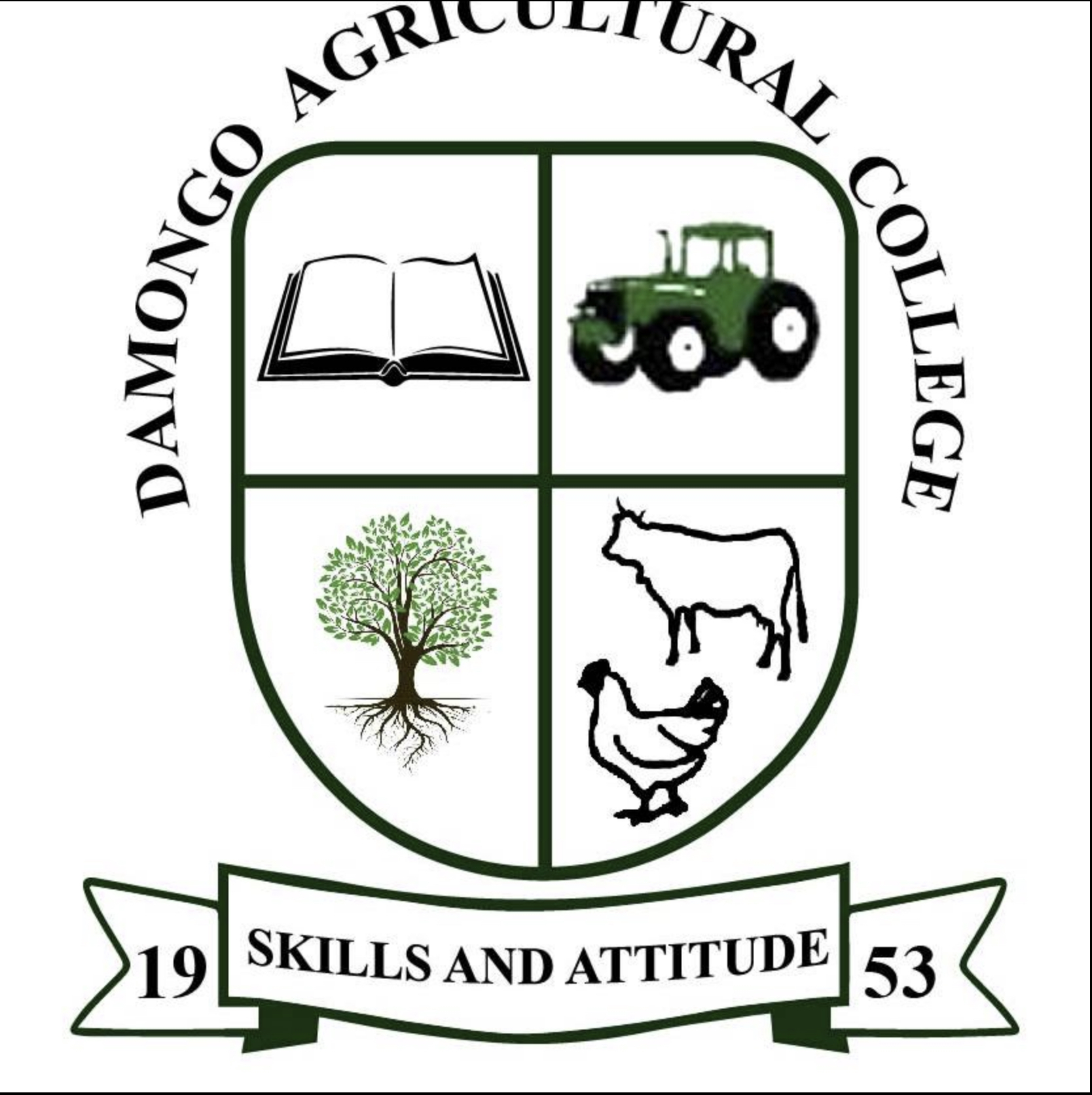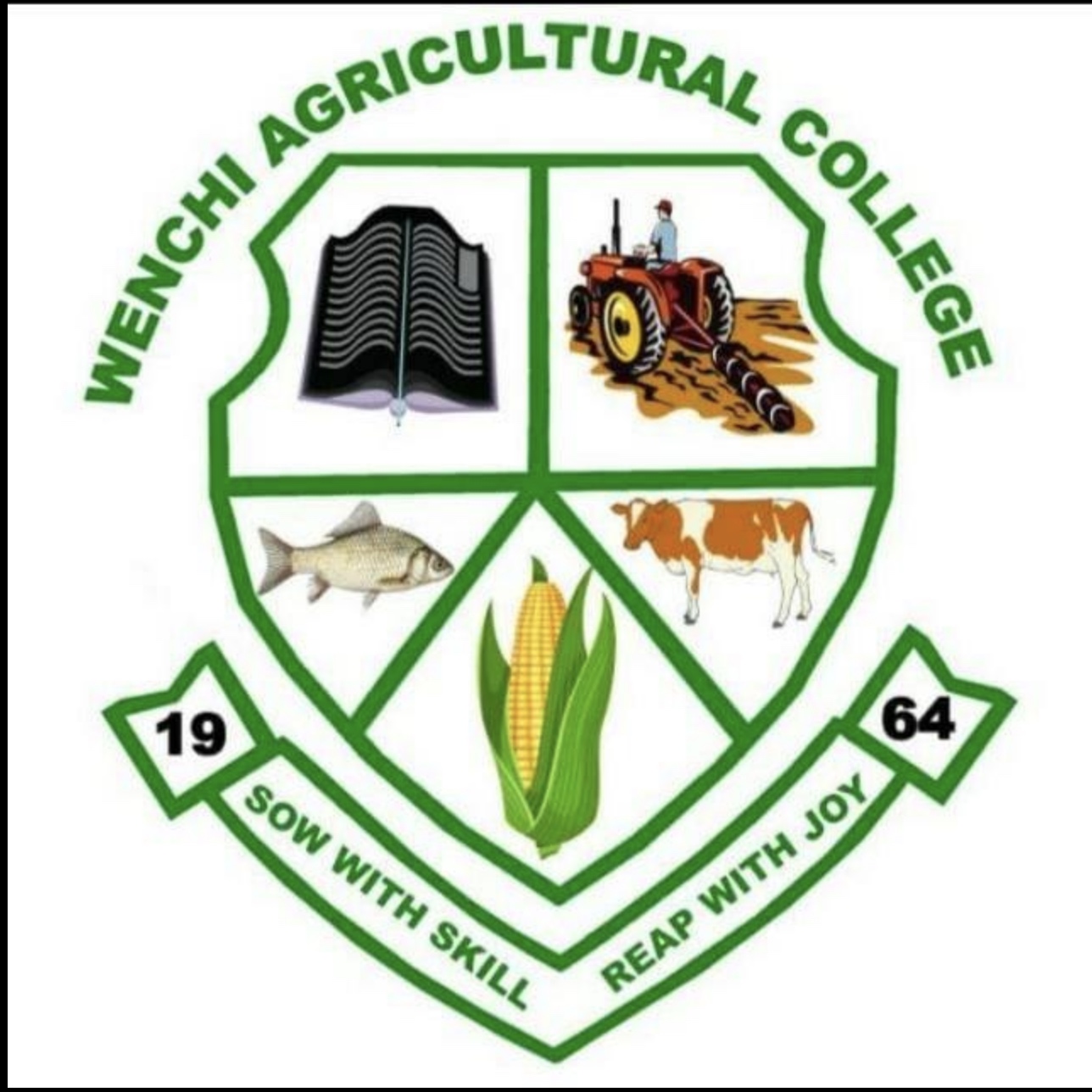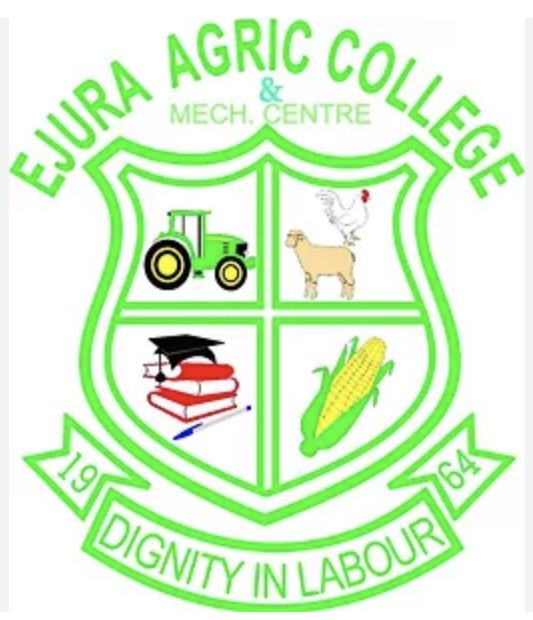
Ejura Agricultural College
The College established in 1964 is mandated to train and equip middle-level manpower with the requisite skills and knowledge in modern agricultural practices and agribusiness skills to provide technical and advisory services to farmers. The skills and knowledge acquired assist them in setting up their own private agribusiness enterprises. Courses offered on a departmental basis include Agricultural Engineering, Home Economics, Crop Science, Animal Science, Agribusiness, Agricultural Extension and Non – Traditional Agriculture.
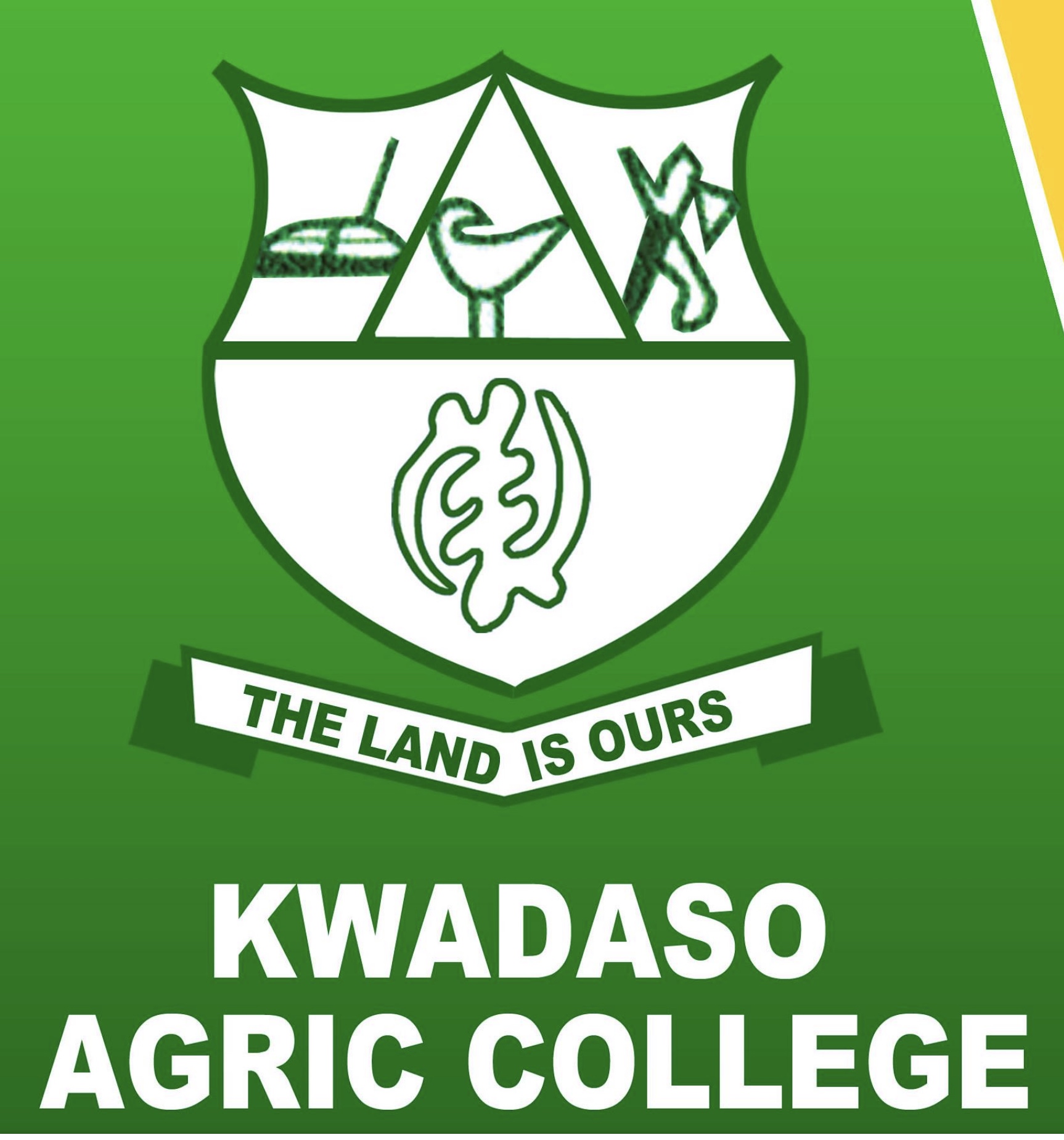
Kwadaso Agricultural College
Kwadaso Agricultural College (KAC) was establish in 1922 at Kumasi with structures provided by the Cadbury and Fry which was the major buyer of cocoa in the then Gold Coast. The College was established to train initially young school leavers in cocoa production.
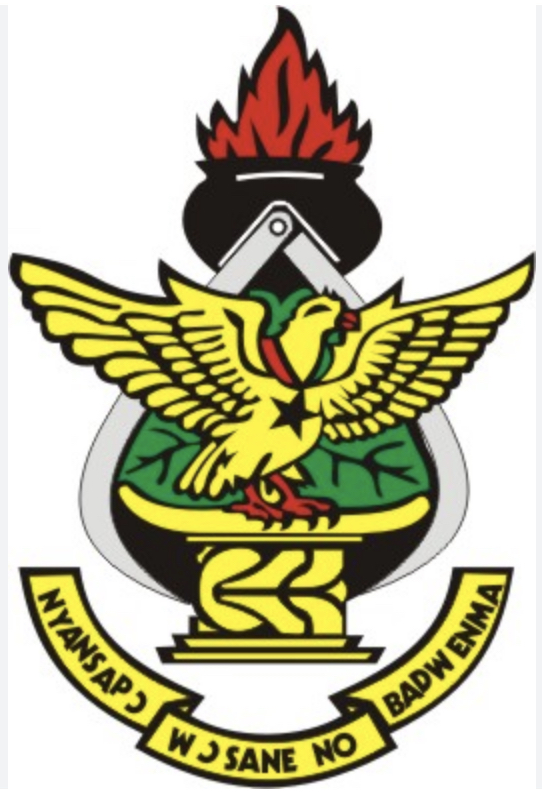
Kwame Nkrumah University of Science and Technology (KNUST)
The KNUST has, since January 2005, transformed from its previous centralized system of administration into significantly decentralized one called the Collegiate system. Under this system, the various faculties have been condensed into six colleges. Since its inception, the University has been administered on the Faculty-based system.
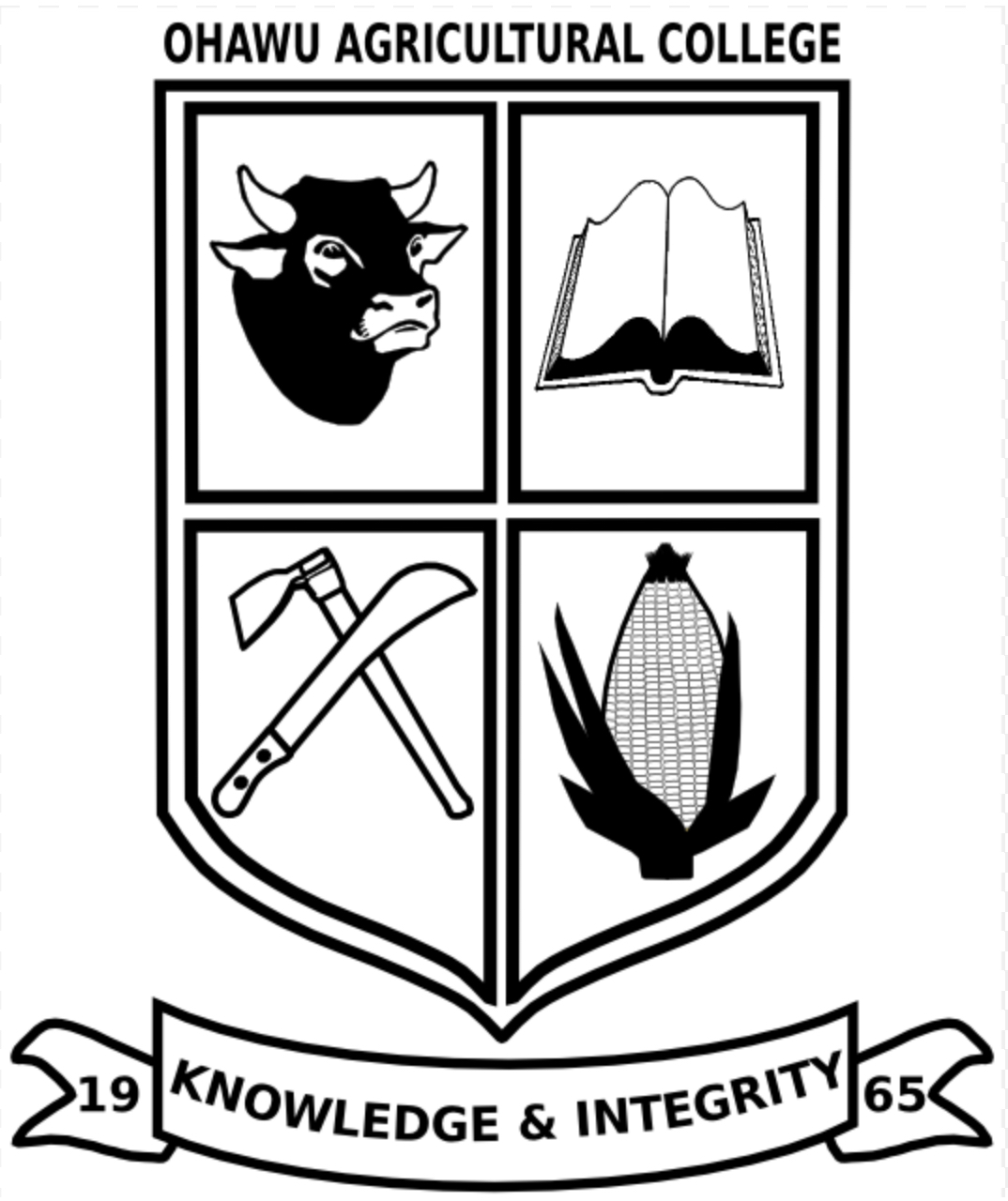
Ohawu Agricultural College
Ohawu Agricultural College (OAC) was established in 1964 by the Ministry of Food and Agriculture to programs and courses to develop middle level manpower for the agricultural sector. The College is the only accredited diploma awarding agricultural college in the Volta region of Ghana. The College has institutional affiliation with the University of Cape Coast to run a 3-year Diploma in General Agriculture program. The College also runs a 2-year Certificate in General Agriculture program under the Ministry of Food and Agriculture.
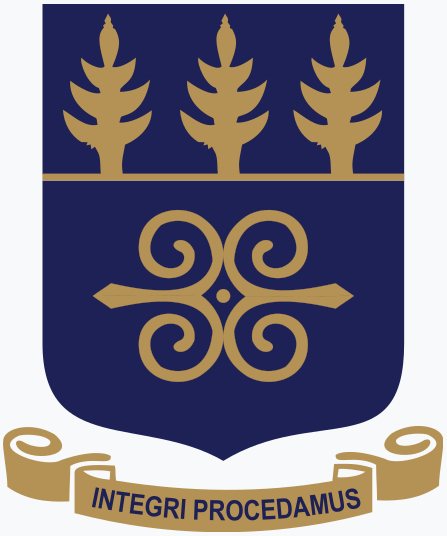
University of Ghana - School of Agriculture
The School of Agriculture has a vision to be an outstanding School that provides quality leadership in agricultural education and engages in cutting edge research and innovative extension. To achieve this vision, the School will continue to regularly revitalize its curricula to be responsive to current and emerging challenges in agriculture, attract and retain excellent faculty to provide highly competitive and relevant quality agricultural education, research and extension.
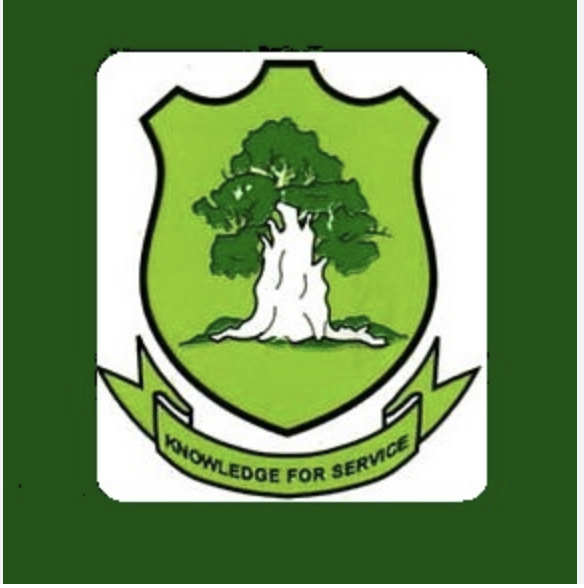
University For Development Studies - Faculty of Agriculture, Food and Consumer Sciences
The University for Development Studies (UDS) is Ghana’s first public University in the North. It was established by the Government of Ghana by PNDC Law 279 and gazette on 15th May, 1992
